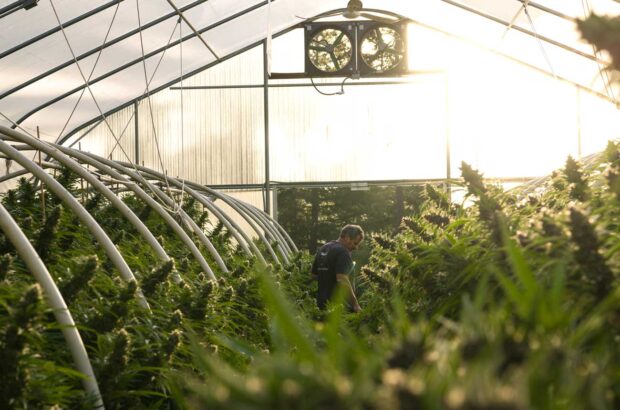White wine consumption in mainland China is set to rise significantly over the next five years, according to a study undertaken by analysts Wine Intelligence.
Cloudy Bay: ‘huge dent in the market’
The report, Emerging Opportunities in the Chinese Wine Market, was released in April this year. It highlights the growing diversification of Chinese consumer tastes, including a new-found preference for white wine.
Its author, research manager Jenny Li, said that although red wine still accounts for more than 85% of the total wine sales in China, white wine was growing in popularity, particularly in China’s southern regions.
‘It is a reflection of regional palates: southerners tend to dislike astringent and tannic styles. In addition, lighter southern cuisine is a more appropriate match for white wine’, Li told Decanter.com
According to figures from IWSR (International Wine & Spirit Research) on wine imports into China, 10m 9 litre cases of still white wine were imported in 2010, compared with 8.7m in 2009. The IWSR data indicates a slow, but constant increase since 2006, when China imported just 7.2m cases.
Li said Chinese consumers were increasingly being exposed to styles of wine beyond the traditional Bordeaux reds, and that wealthy consumers were often wary of purchasing potentially fraudulent bottles of claret as gifts.
‘White wines are perceived to be “fake-free” due to the relative lack of counterfeit white wine products in the market,’ Li said.
In terms of grape preferences, Li’s research indicated that Sauvignon Blanc is the most popular grape with Chinese consumers, accounting for a significant percentage of New Zealand’s rising wine exports to China.
‘New Zealand has made a huge dent in the market with their Sauvignon Blancs and Cloudy Bay brand,’ a major Beijing retailer told Wine Intelligence.
According to Alberto Fernandez, regional manager at Torres China, ‘German Rieslings are also finding favour with educated Chinese consumers.’
However, other producers familiar with the Chinese market are sceptical that this trend will develop across the country.
‘China is a very regionalised market with major cultural differences, ie what works in one area does not necessarily work in another,’ Carlos Serrano of Montes Wines said.
Wine Intelligence‘s research is based on interviews with 40 wine consumers and 21 members of the Chinese wine trade in Beijing and Shanghai, and data collated over a two year period.
Written by James Lawrence







